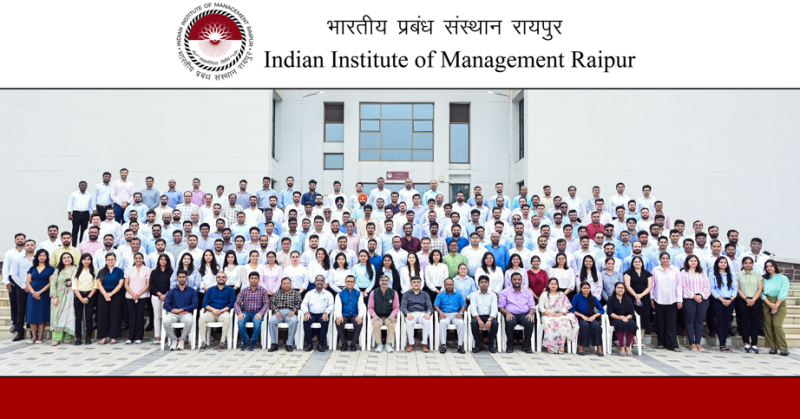The Education Divide: A Legacy of Inequality
Education is a powerful force for individual empowerment and societal advancement. Yet, deep-seated inequalities and historical legacies have created a stark divide in educational opportunities worldwide. While technology holds the potential to transform learning, these innovations often remain out of reach for those in the Global Majority, where the impact of uneven resource distribution is keenly felt. To truly harness education's power, we must dismantle the legacies of colonialism, invest in equitable resource distribution, and use technological advancements to empower all, not deepen existing disparities.
Technology as a Catalyst for Change in the Global Majority
The Global Majority faces unique challenges, from resource scarcity to neglected diseases. The region needs solutions tailored to its contexts, leveraging technology to enhance education and drive progress. The pandemic accelerated a much-needed digital shift in education. Initiatives like Mobiles for Education Alliance champion mobile learning and demonstrate technology's potential to bridge educational gaps. In places like Uruguay and Argentina, educators are using special online platforms, like CREA and Conectar Igualdad, to make learning more fun, useful, and tailored to each student. African Union has released a detailed Digital Education Strategy Fact Sheet where they intend to harness digital technologies to achieve the strategic objectives of the Continental Education Strategy for Africa. On top of all this, AI and machine learning offer immense potential for the Global Majority. Where there are resource shortages or infrastructure limitations, AI can provide customized learning experiences.
Technology comes with its own Bottlenecks!
To fully realise technology's potential in the Global Majority, we must overcome infrastructural and cultural barriers. Limited power supply and internet access in remote areas remain roadblocks for technology-driven education. Crucially, solutions cannot be one-size-fits-all. They must be intentionally tailored to the rich cultural and linguistic complexities of the Global Majority.
The Challenge of Bias in AI
AI, while powerful, carries the risk of perpetuating and even amplifying societal biases. The individuals and teams creating AI, along with the datasets used to train the models, can inadvertently introduce biases. Concerns about Texas' AI-graded exams underscore the real-world consequences of this issue and the urgent need to prioritize fairness and inclusivity in AI development for education.
Here's how we can approach this challenge:
- Critical Pedagogy and Collaboration: Educators and learners must be equipped to identify and question potential biases in AI tools. Additionally, creating collaborative platforms where educators, technology companies, and digital rights experts can work together is essential. These platforms should prioritize feedback mechanisms from educators on the ground, ensuring that AI solutions are developed with an understanding of the real-world needs and challenges faced by teachers and students in the Global Majority.
- Diverse Teams: AI development must involve individuals who reflect the diverse populations these tools are intended to serve. This helps minimize blind spots and ensures a broader range of perspectives in the design process.
- Representative Data: AI models trained on biased or incomplete data will perpetuate those biases. It's crucial to curate diverse datasets that accurately reflect the realities and nuances of the Global Majority. For example, a language-learning AI intended for East Africa should be trained on datasets that include varied regional accents and dialects.
- Transparency and Accountability: Openness about AI design, data sources, and decision-making processes are vital. Tech giant Meta’s Responsible AI or France and Canada, with the launch of the Global Partnership on AI (GPAI), aims to establish independent global artificial intelligence expertise and focus on ethical regulation. These systems, to a certain extent, allow for scrutiny, foster trust and enable adjustments where biases are discovered.
- Global Collaboration: Sharing best practices, establishing ethical standards, and pooling resources can accelerate equitable AI development. International organizations can play a pivotal role in facilitating knowledge-sharing and resource access.
Technology in education offers immense promise for the Global Majority. Digital tools, responsibly developed AI, and connectivity can bridge the equity gap and propel sustainable development. By prioritizing tailored solutions, confronting bias head-on, and fostering collaboration across sectors, we can create empowering learning environments that build a brighter, more equitable future. Everyone, regardless of background or geography, deserves access to quality education and the chance to reach their full potential.
About the author: Disha Arora is an international development communications professional with 13 years of experience. She is currently serving as a Senior Fellow with the American India Foundation.


